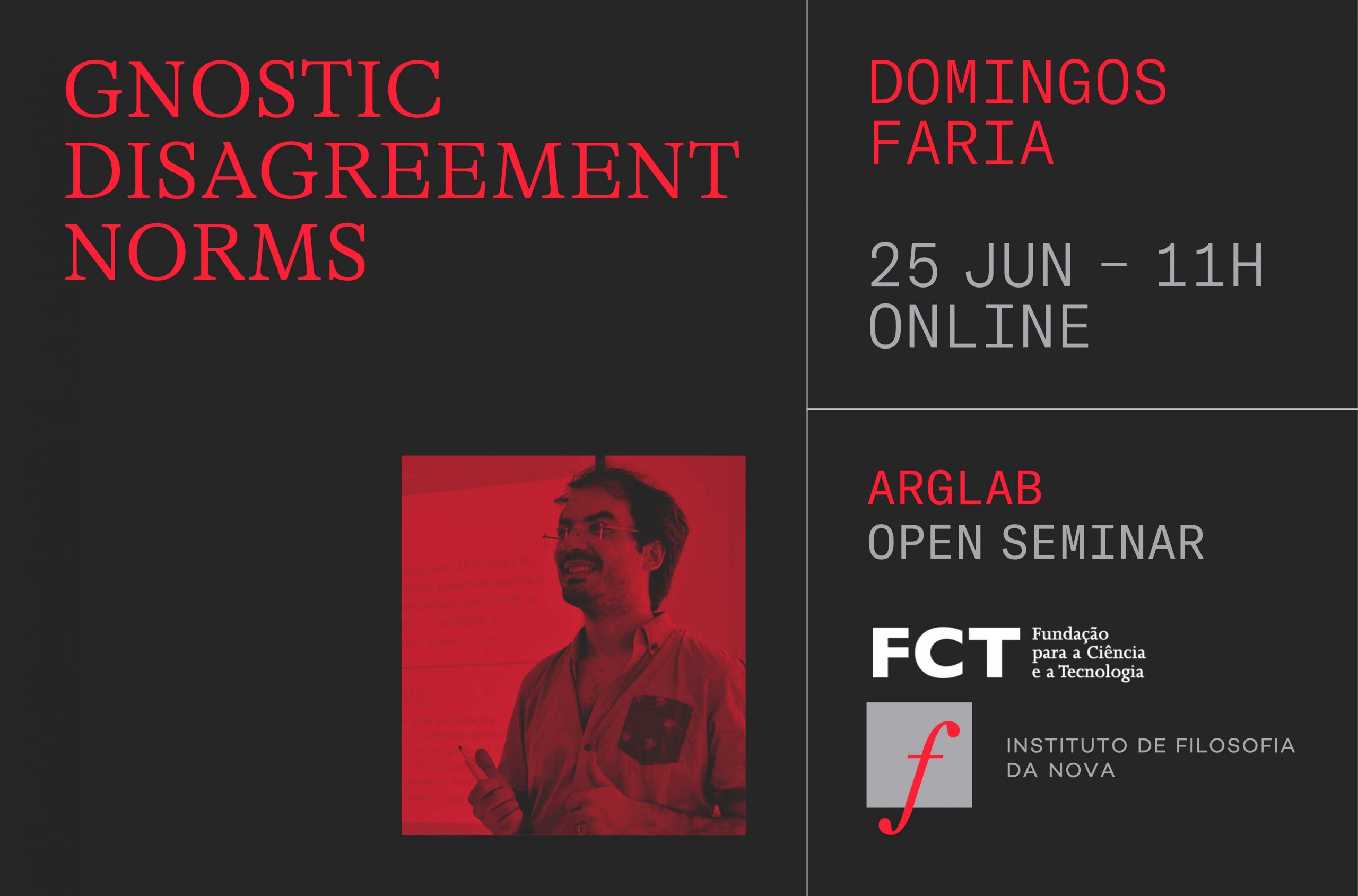Gnostic Disagreement Norms

In this talk, we want to argue for gnostic disagreement norms. According to such norms, the central guideline for dealing with disagreements is the telos of knowledge, such that a subject ought to take the course of action (being steadfast, conciliatory, or suspending judgment) that would probably result in gaining knowledge. We will begin by employing a useful distinction in normativity theory between evaluative and prescriptive norms (see Mchugh (2012) and Simion, Kelp, and Ghijsen (2016)). On the basis of this normative framework we argue for a gnostic evaluative norm of disagreement, according to which in cases of disagreement about whether p, one holding steadfast p is a good doxastic attitude only if one knows that p. And we argue for a gnostic prescriptive norm of disagreement, according to which in cases of disagreement about whether p, one must: hold steadfast p only if one has good cognitive dispositions in believing that p.
Link of the event on the sidebar.
Everybody is welcome to join!
This event is organized by P. Abreu and E. Rast. The purpose of this seminar series is to give researchers a platform to discuss ongoing work and problems in the philosophy of language, epistemology, argumentation, metaethics, and related areas. For administrative inquiries, please contact Pedro Abreu [pedroabreu@fcsh.unl.pt] or Erich Rast [erich@snafu.de].

